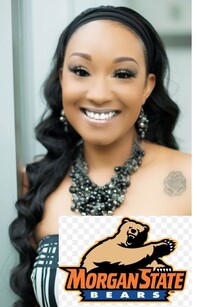 By Daisha Gomillion, MBA During the course of its history, higher education in the U.S. has served as both an institutional oppressor of Black Americans and as a stronghold for resistance against racism and discrimination in society. In honor of this year’s Black History Month theme, “Black Resistance”, we will look at the role that HBCUs have played in Black activism. HBCUs exist because, historically, black students were not allowed to take classes at predominantly white institutions (PWIs). HBCUs have never discriminated against any race. White students have always been welcome — as have those of other races and ethnicities. Although Black History Month was federally established in 1986, weekly and monthly celebrations had already existed for more than 50 years. In the 1960s, many historically Black colleges and universities (HBCUs) began recognizing Black History Month with campus observances. These celebrations served as a way for Black educators to celebrate people and narratives that advanced ideals of equality and social justice. During the civil rights era, HBCUs served as centers for “Black Resistance” to segregation and marginalization. For example, four North Carolina A&T University students organized the 1960 Greensboro lunch counter sit-ins. Eight years later, South Carolina State University, an HBCU, served as the site of a racial segregation protest, during which police killed three Black student protestors and injured 28 others. Morgan State University students played a major role in the Civil Rights movement nearly 70 years ago, students took part in life-changing sit-down protests at the Northwood Shopping Center. Students at Morgan State University led the charge, demanding equality that they be served just as their white counterparts.
HBCUs have also educated many important pioneers who fought for equal protection under the law and against segregation and disenfranchisement, including W.E.B. Du Bois, Chief Justice Thurgood Marshall, and Congressman John Lewis. These individuals and their impact, along with many like them, demonstrate the important role that HBCUs can play in shaping the activists and influencers of the future. Alumni of HBCUs are known to be proud of their alma mater. Institutional pride is one of those unwritten, undocumented traditions that simply define many HBCU graduates. Daisha Gomillion is the Business & Infrastructure Administrator for the DSHS Community Services Division and a proud alumnus of Morgan State University. Daisha is a member of BUILD and the Co-Lead of the BUILD Communications subcommittee. Comments are closed.
|
AuthorSOur blog includes but is not limited to events, insights, and highlights to augment basic education. Archives
July 2024
|
 RSS Feed
RSS Feed